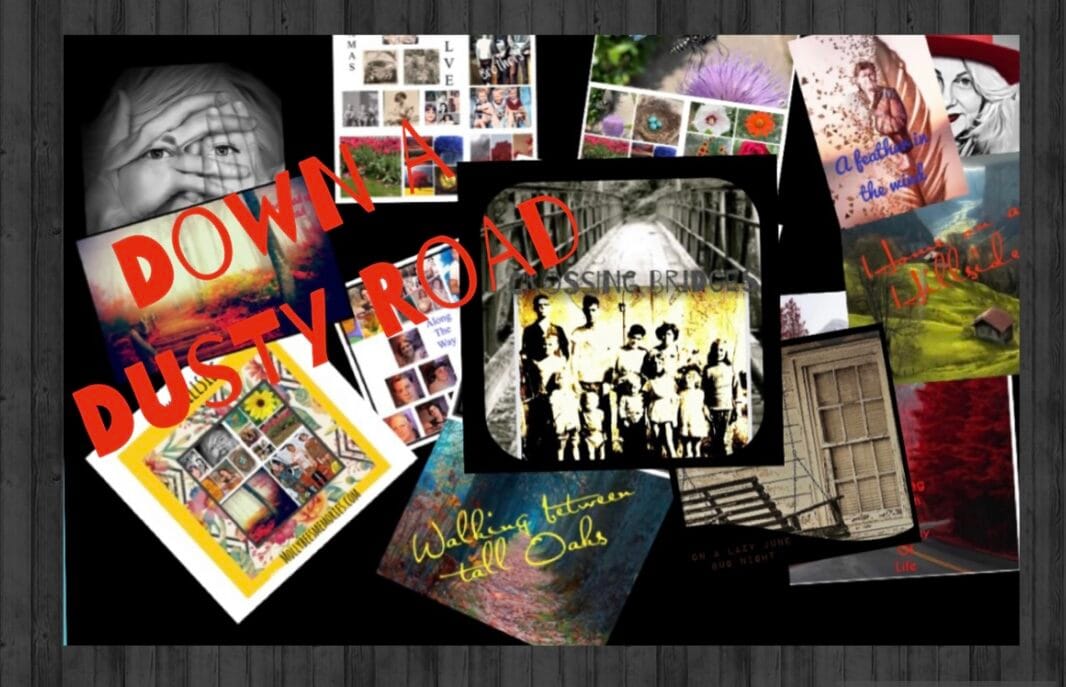
On a late spring morning in West Texas
riding through pasture overgrown with brush
Cowpunchers pushed a calf into a clearing.
The calf will need to be roping if it is a yearling.
The Cowboy throws a loop around the yearling’s neck, and it will mourn.
The calf cannot escape the rope tied to the Cowboys saddle horn.
A thousand miles away, there is a sleepy buckaroo.
He tosses a big loop toward an unsuspecting little moo.
He handles the calf as quietly as possible
so the calf does not choke
The calf instinctively pulls against the cowboys’ rope.
The buckaroo rides a Wade saddle.
With chinks and guides him with leather to his horse
Texas cowpunchers prefer swell-fork saddle,
full-length chaps and split reins with a little less force
In Nevada, California, and Oregon, they are called buckaroos.
Texas, New Mexico, or Arizona. The cowpuncher is the term they choose
You can find a true buckaroo in Colorado or Nebraska.
But it is a hard-core cowpuncher you will find in Montana.
The bottom line is there is plenty of cowboys in any state.
Who will come when you call them and not hesitate
Having the right kind of horse and gear
Is the Cowboy’s main concern every year
Nevertheless, the cultures of the buckaroos
cowpuncher or whatever name they choose
The Cowboys’ equipment was constantly refined.
Ropes and chaps, and saddles newly designed
To fit the landscape and methods of working cattle
branding calves or doctoring yearlings was a battle
Just as thick, thorny brush compels a cowpuncher to tie his rope
heading and heeling in the branding pen causes a buckaroo to grope
For whatever was needed to get their job done
Cowpuncher or a buckaroo, in the end, the rancher won.


